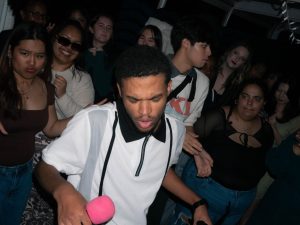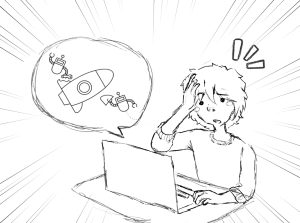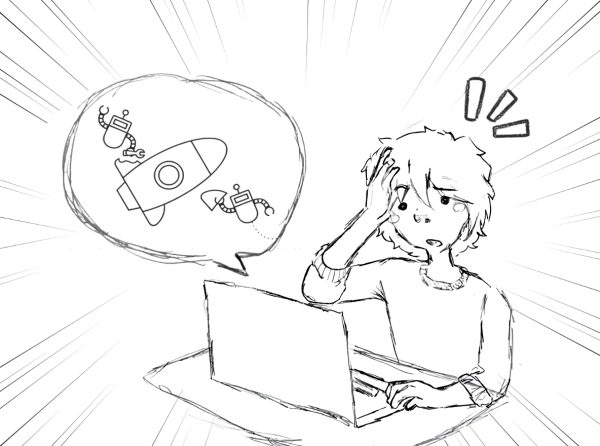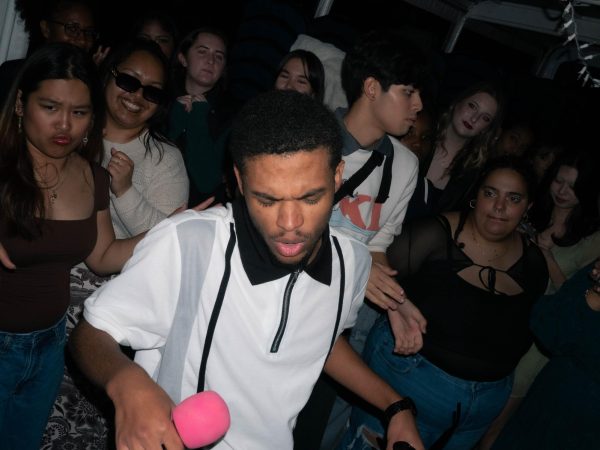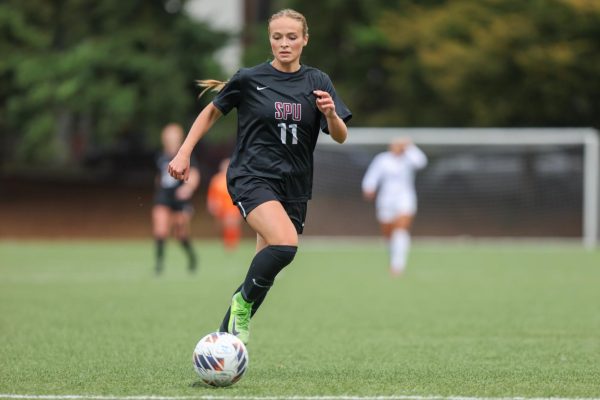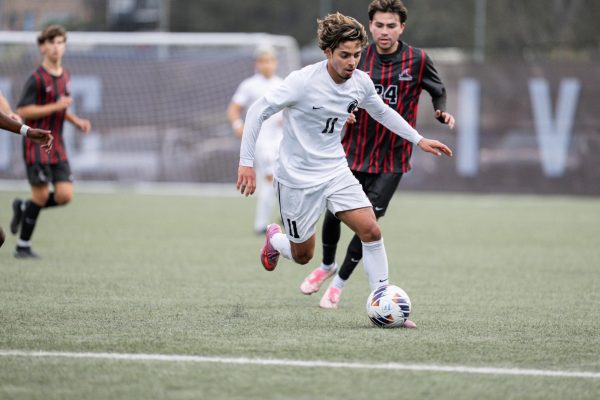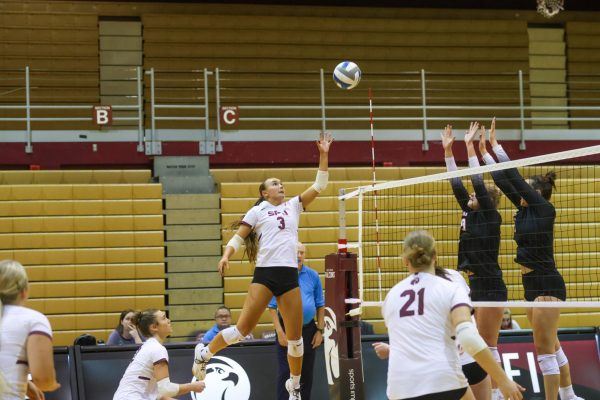As anti-AAPI hate crimes surge, SPU students respond
With the rise of hate crimes against Asian-Americans and Pacific-Islanders, SPU students express concern over the university’s lack of response
April 7, 2021

Hate crimes against Asian-American and Pacific-Islander communities may seem new to some people, but for the people who actually experience them, they are all too familiar.
Charis Doi, third-year student, says they have been the subject of microagresisons and racial discrimination since they first started attending SPU.
“For my three years at SPU, I have gotten microaggressions since I could remember. In my first year here, I had a classmate of mine tell me I looked ‘really asian’,” Doi said.
Doi described that in their sophomore year, the political climate and rhetoric from Donald Trump caused a spike in hate crimes and microaggressions.
“Sophomore year is when I really saw the spike in microaggressions and hate crimes due to the current political climate in the country with our past president, and how he referred to the coronavirus pandemic as the ‘kung-flu’ or the ‘Chinese virus’,” they explained.
“A lot of my microaggressions were from things like sneezing or walking, and people would say ‘oh my gosh, she’s going to give us the ‘kung-flu’,” Doi said.
They went on to say that during the pandemic, racial slurs were not uncommon. One on-campus incident they experienced a couple months ago with the current mask mandate. Resident advisors were expected to enforce this and Doi was tasked with this as part of their job.
“I would go up to a group of students who were not wearing masks or social-distancing, and ask them ‘could you wear your mask please to help keep our community safe’, … when doing so, there were a group of white males who called me racial slurs and told me I was going to give them the coronavirus and get them sick.”
Doi called on the incoming president, that will replace Dan Martin, to take further steps toward addressing the increase in anti-AAPI discrimination.

“I hope as they step into the position they will address the systemic racism that exists within our predominantly white institution … I know there are a bunch of bills that go through leadership and senate, and having support come from the future president would be amazing too,” they described.
They believe that the university has failed to provide adequate resources for AAPI students, such as donation sites for advocacy, educational materials, and mental health services resources. Doi referenced a letter that was sent by the psychology department graduate students to administration officials at SPU calling for more action to be taken in the wake of the spike in hate crimes.
Dr. Sandra Mayo, Vice Provost for Inclusive Excellence, and a recipient of the letter sent from graduate students, responded in an email when asked about the university’s response.
“The letter was impactful and not only opened doors to, but also led to continued dialogue with SPU student leaders. In those conversations, a number of priorities were voiced,” Mayo said.
Mayo outlined specific actions that the university has taken towards addressing the concerns in the letter.
“SPU implemented a new bias incident protocol that allows for anonymous reporting. In an effort to foster greater transparency and accountability, the Office of Inclusive Excellence maintains a record of reported bias incidents and will provide a yearly summary of reported incidents,” she said.
Mayo described in the email that the data collected from the bias incident protocol allows for the capability to identify patterns that assisted the university in creating and implementing preventative and corrective measures of action.
The university set up a free emotional health and wellness program to assist graduate and post-baccalaureate students. Mayo believes these efforts are a good start, and said that the university will continue to address the concerns of students.
“My SSP (Student Support Program) provides 24/7 remote emotional health and wellness support to graduate and post-baccalaureate students, at no cost to them,” Mayo said.
Mayo encourages students who face incidents of racial bias to report these incidents through SPU’s Bias Incident Reporting Protocol.
Mayo explained that she believes there needs to be more awareness and continued learning in order to tackle and combat the acts of racism and bias in our community.
“It is important that students, faculty, and staff take advantage of the resources made available across campus through the Office of Inclusive Excellence, Faculty Life Office, University Ministries, John Perkins Center, and Office of Multi-Ethnic Programs, among others,” said Mayo.
Giao Nguyen, third-year student, organized a student-led round table discussion with 53 students after numerous hate crimes happened across the country. The intent of the discussion was to address the increase in AAPI hate crimes.
“I decided I wanted to send a bunch of emails and ask students, using social media, to get them offline (from social media) to have these conversations,” Nguyen said.
Students and members of the John Perkins Center attended the discussion to listen to the two and half hour discussion and hear what the students had to say. Nguyen started off the discussion with AAPI students responding first.
“The first question was, ‘tell me about the last 48-hours’. And we started with AAPI students. Then in the second round, I opened it up to overall BIPOC students, and then after I opened it to all students,” Nguyen described.
As the meeting came to a close, Nguyen asked the group of students about where they wanted to go from here. He described that the hashtag ‘#StopAAPIHate’ is a good gesture, but largely ineffective. He encourages students to continue the discussion around reducing racism and discrimination.
“Go to your family, go to your friends, go to people you trust, and ask them to stand with you or help start these conversations,” Nguyen said. “ At the end of the day, we are acting to prevent the next mass shooting, or we are preventing someone from fueling racism and discrimination generationally.”
Students are encouraged to report all incidents of racial bias and discrimination to the Office of Inclusive Excellence staff or through their online bias report portal.
















































































